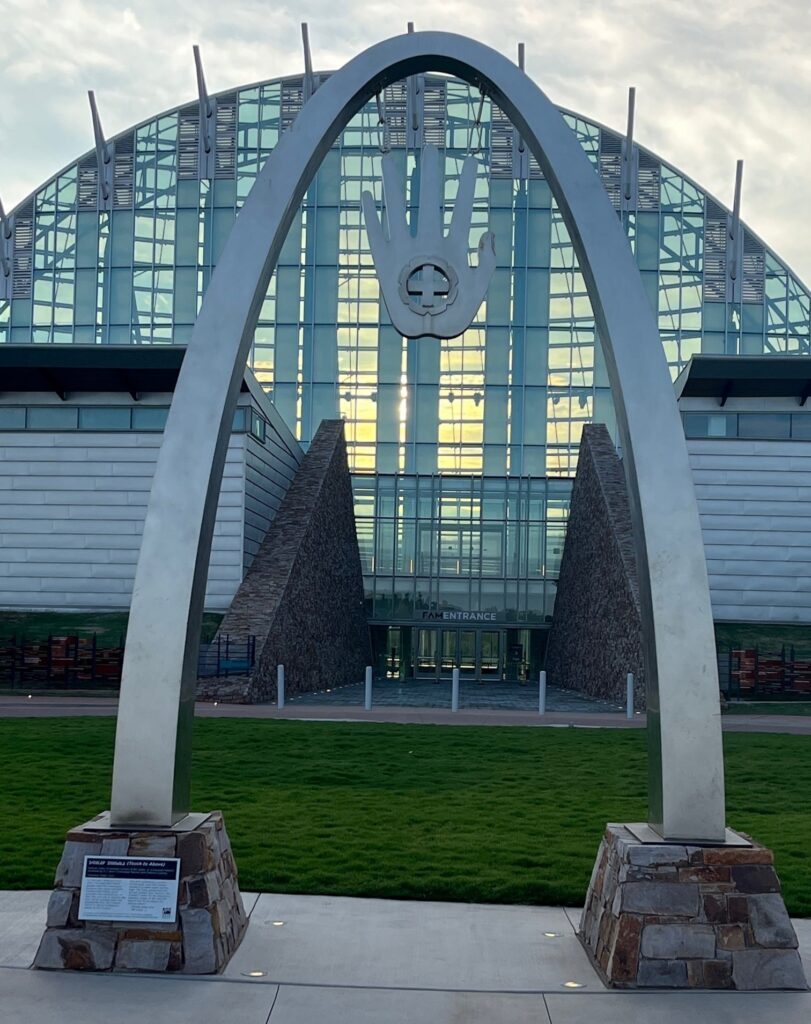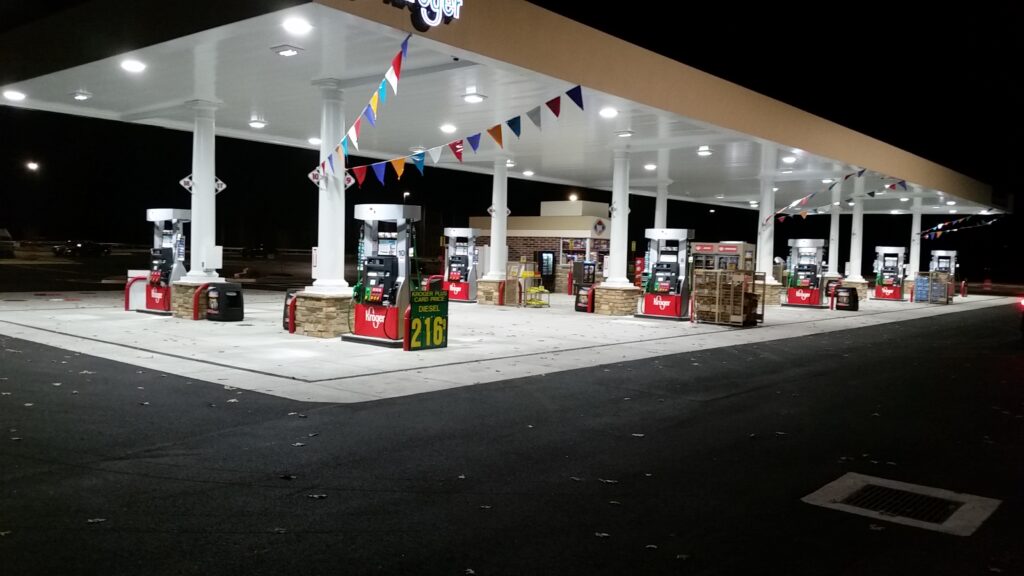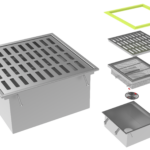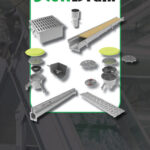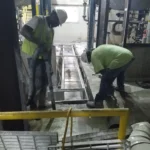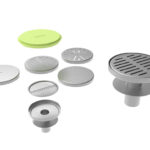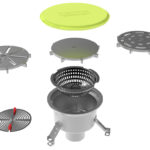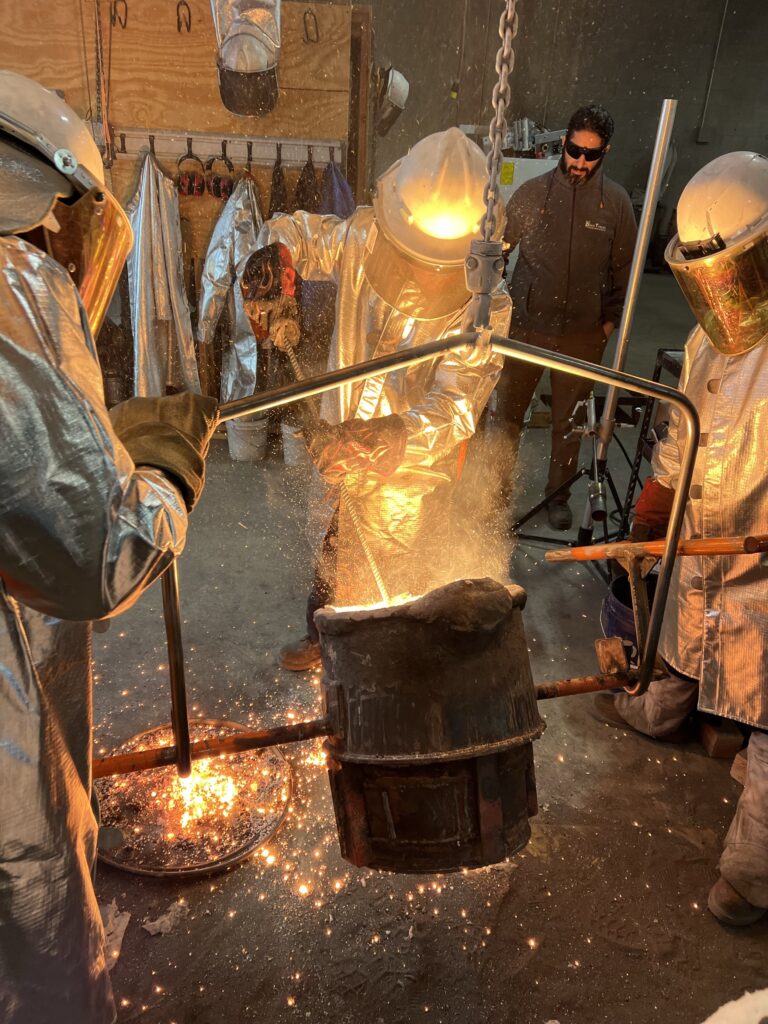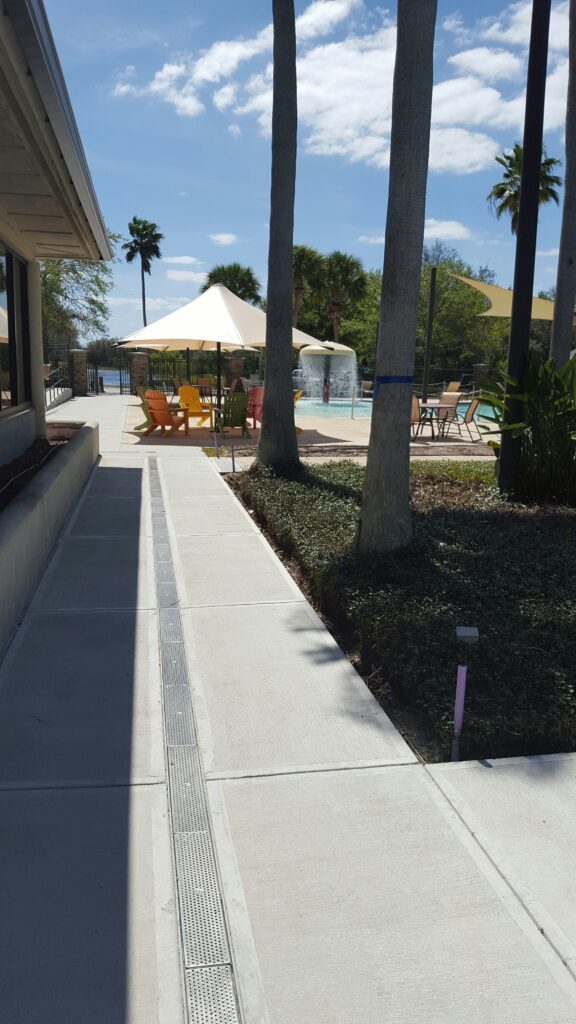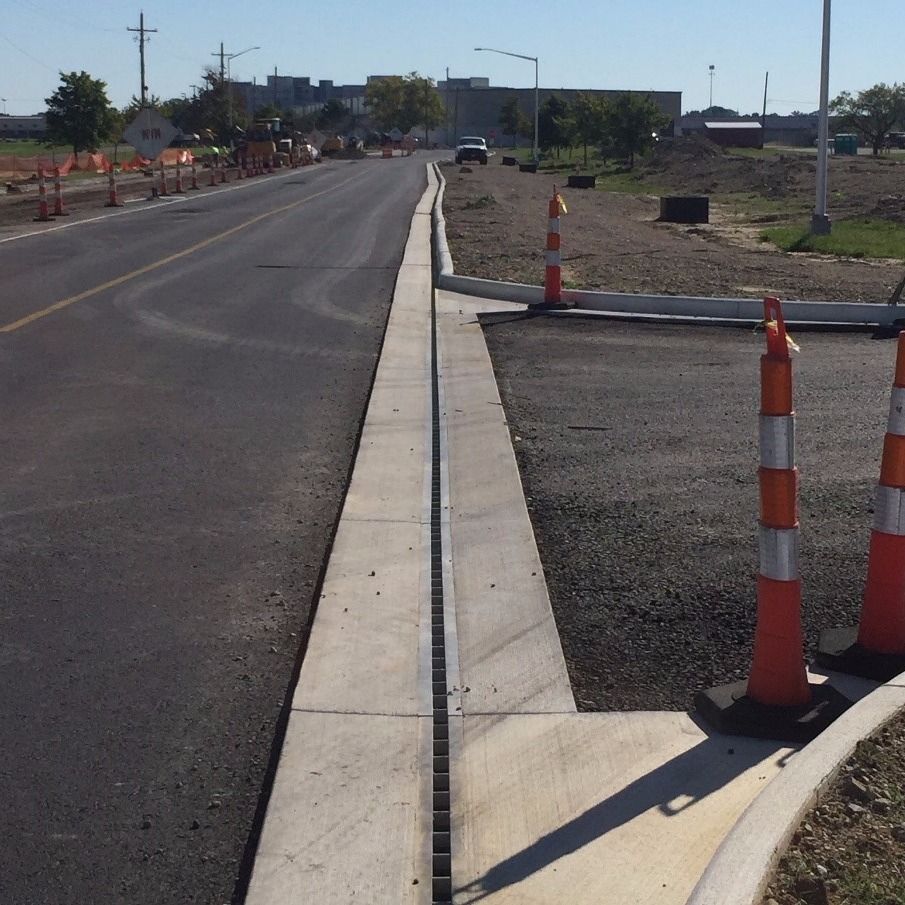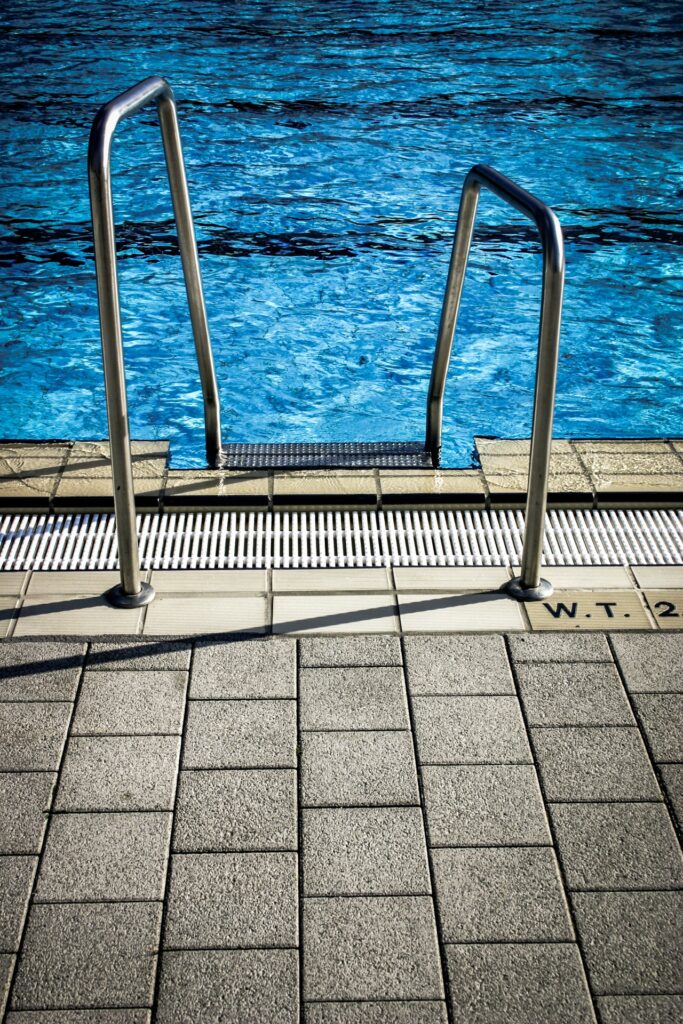
Most people are vaguely aware that there are drainage solutions installed in their yard or the place that they work. They might even be able to point to a part of these drainage solutions and describe what they think they might be used for. However, most people are not really aware of the benefits of specific grating types for use in home solutions or commercial solutions.
If you have a business that needs a drainage improvement, or you are looking to make sure that your yard drains better, you need to know about the types of grating and how they work. This is especially true if you are a business owner and you are looking to improve your overall drainage solutions for safety or sanitation.
If you are ready to learn more about grating solutions and what they can do for your home or business, read on!
What is grating?
Grating can refer to a variety of products. All of these products allow water to pass through them to run into drains of various types. These drains might deliver the water to a catch basin, or spread it out into a drainage field, or deliver runoff to a sewage system.
Grating makes sure that people will not get their feet caught in the drains that carry this fluid away from workspaces, walkways, or locations where plants are supposed to be growing. These kinds of solutions are used in commercial locations like breweries, airports, and public parks but can also be found surrounding swimming pools, fountains, and planter beds.
Grating is familiar to many people on sight, but they might not be aware of the many ways that you can design and create grating solutions for your unique needs. The purpose and function of the grating that your location requires can be influenced by the kinds of fluids that the trench grates will be exposed to, the volume of fluid or liquid that must be handled in a day, and the level of grip or non-slip properties that are necessary for the grates to provide.
There are actually many styles of grating that you can pick from for your drainage needs, and you might not have known that there are so many different variations on common styles for specific function and effectiveness. Many grating solutions can be made in custom sizes and styles as well for unique placements and locations that you might require grating solutions for.
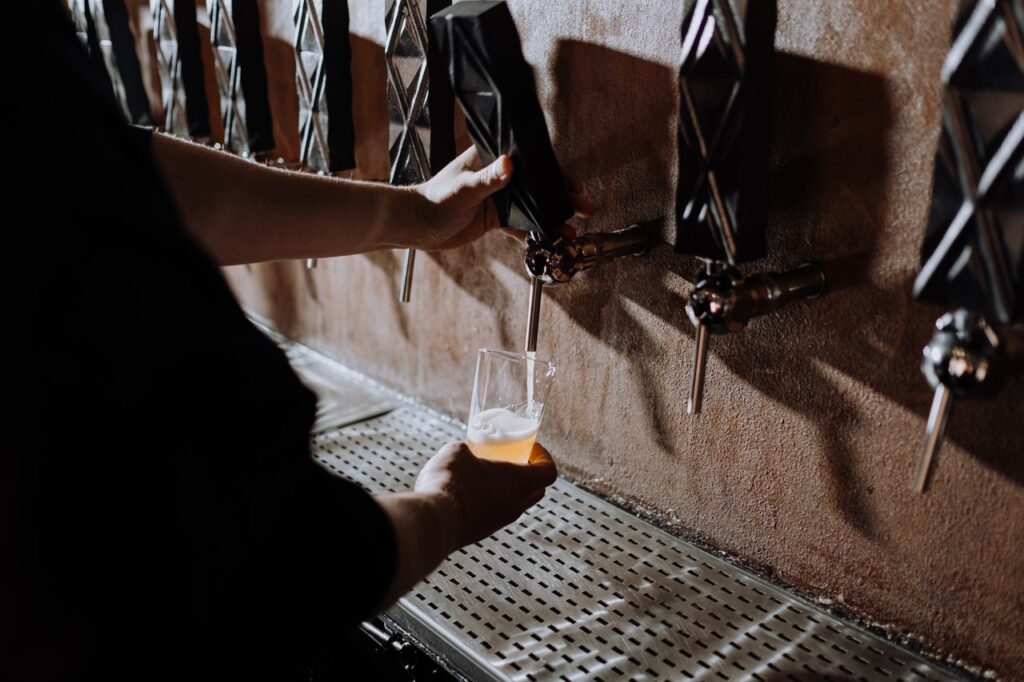
Why is Grating Used?
Grating is used in situations where an open drain is the most efficient way to gather runoff, but the space at the top of the drain is too large for people to walk over the drain safely. You always want to prevent slips and falls, having people’s feet get trapped in the drains or the drain slots, or animals and other small things falling into your drains.
This is where grating can provide a powerful solution for your needs. Grating can be made in many styles and can fit over the top of many kinds of drains. This can make it easy to keep foreign objects out of your drains and grating can prevent injuries as well.
Many businesses are actually required to have certain kinds of standard grating solutions in place at their workstations and in walkways to prevent these kinds of problems. At home, you could choose to avoid the use of grates, but you will find that grating is a great solution for most of your drain protection needs and it is nice to have an attractive and well-finished drainage solution that does not allow anyone to get hurt while on your property.
Types of Grating
There are various kinds of gratings that you can pick from for your drainage needs. Some of the determination about the grating solution that you need depends on the shape of the drains in question. When you are covering a channel or slot drain, you will need grates that are sectioned and that can be dropped into the rectangular gap above the trench drain system.
If you have pipes that need grates, these grating solutions will almost always be round. Catch basins and drain gates need square grating covers. All of these drainage protection solutions can be made in many different materials depending on the level of traffic that passes across them on a daily basis as well as the kinds of runoff that they are going to be exposed to.
In environments like breweries or meat processing plants, drain grating has to be made of metal due to the nature of the fluids that the drain gratings are exposed to all day. The drains beneath them will almost always be metal as well. If you are handling pool runoff or water runoff from your yard, plastic grating covers can be the perfect choice for your needs.
Most grating types can be made in custom sizes as well as with custom patterns on them for decoration. In an industrial setting, customized art on the drainage covers makes no sense, but in the reality of home use or pool use, you might want to have your drain grating solution look a little fancier.
No matter what material your drain grating is made of, it will need to be the same shape as the drain that it needs to fit over. This makes it easy to pick out the right style and type of grating for your needs.

Grating Styles
There are various kinds of grating styles that you can choose from. No matter if you need a narrow drain cover or a square or round grating solution, you can get different kinds of grating styles for these needs.
· Longitudinal Slots
This can be a great solution for pools or industrial solutions where a larger amount of water needs to flow through your slot drain. These gratings are easy to clean but do not catch a lot of debris that might pass through the slots.
· Perforated Gratings
These are the perfect kind of industrial grating for use in areas that might expose your drainage solution to a lot of contaminants from solids. These drain gratings are common in breweries and other food-based settings where solids need to be kept out of other runoff. These gratings are not as effective when high volumes of water need to pass through the drain.
· Mesh Gratings
These are a similar style of drainage grating to the perforated style but they will allow through a little more liquid matter. You will still be able to keep solids out of your liquid wastes, but you will not have to worry about water standing on these drains as much as it might on a perforated grating.
· Horizontal Slots
These are commonly used for grating covers on drains that are alongside road spaces or roadways. They prevent water collection at low spots and make it easy for water to run down into drains that are set at an angle. You want to use this kind of grating style when there is a higher volume of water to be dealt with and you need to prevent puddles or other standing water related to your drain.
· Solid Gratings
These are not commonly used but they can be very helpful if you need to manage a segment of your drainage path with better protection to prevent solids from passing into the drainage system below and to keep people from catching their feet in the drain. This is a solid plate that has a single opening for water to pass through in the center.
· Heel-Proof Gratings
These are commonly seen in business settings and on walkways. These gratings are made to prevent heeled shoes that women might wear or other small and pointy objects from catching in the slots in the drainage cover. These gratings are also attractive and handle water quite well for areas where run-off volumes can be quite large.
· Diagonal Slotted Gratings
These are commonly seen in backyard or pool environments where water might be flowing into the drain beneath the grating from numerous directions. This is the perfect kind of drainage grating for locations where you might have runoff from a hill location as well as a fountain or other source of water that is closer to the bottom of the slope.
These are common grating types for use near garden beds and in other places where you want to prevent a large amount of solids from passing through the grating but you need to gather water from many different places into the same drain.
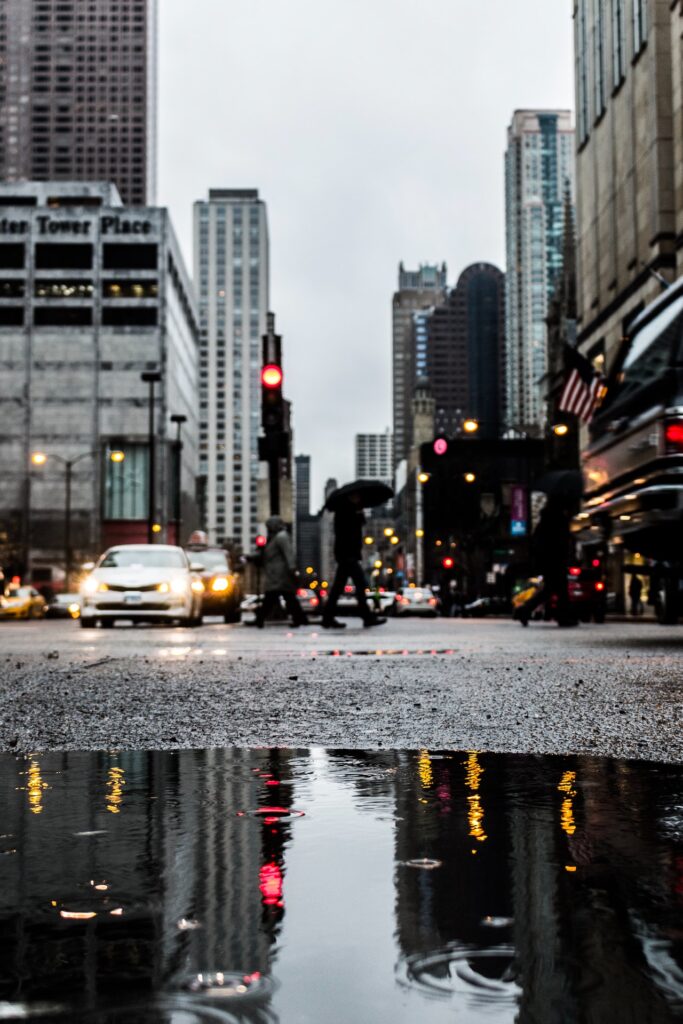
Applications of Grating
Grating can be used for a variety of purposes.
· Protection
Keeping foreign objects out of your trench drains and catch basins is always a good idea. Even if you have these drains in your yard, you don’t want small animals or any other debris getting into your drains and clogging them up. Grating solutions also keep people from slipping or tripping on your drain and getting their feet caught in the drain pipe.
In the case of catch basins or other larger drain types, you just can’t leave these spaces uncovered for safety reasons. It would be all too easy for people or animals to fall in, and some catch basins are quite deep, creating a drowning risk.
In industrial settings, open drains are not allowed and you must cover all of your drainage solutions with a grating of some kind to keep your staff safe and to meet code and pass inspections. In the home environment, it is still a good rule of thumb to cover large drain openings to prevent injuries or accidental clogging of your drains.
· Prevent Groundwater Contamination
Grating covers up drains that are collecting moisture for many reasons. In industrial settings, the grating that you have in place on your workroom floors, walkways, and other work locations prevents contaminants from getting into your water runoff. You can be fined or shut down for delivering contaminated water to sewage plants or allowing it to enter the groundwater near your business.
Even in a home setting, you want to make sure that nothing gets into your drainage water that could cause a contamination-related event to occur. Catch basins and other drainage solutions are made to prevent contaminants from flowing out into local waterways, and you would be working against this process if you do not protect your drainage solutions from being the bearer of contaminants.
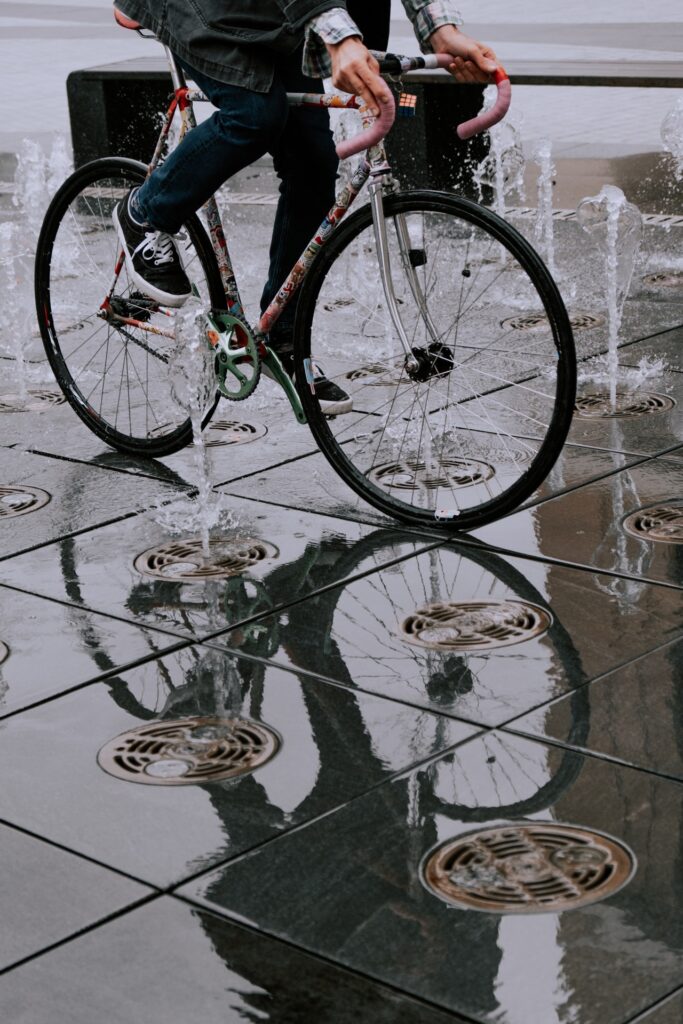
· Aesthetics
Open drains really don’t look very nice. Grating offers that finished look that will make the overall appearance of any area with drainage in place that much better. This is particularly true around pools and fountains where open slot drains would look unsightly.
Walkways and other locations that sometimes need slot drains would still look very unfinished without grating in place to cover up the open drain spaces. This is a necessary part of finishing up any kind of drainage solution and making it look intentional and complete. Even if you are not required by law to cover up a certain kind of drain, closing off your drainage solution with a grating of some kind will improve its overall look immensely.
· Safety
In many applications, grating is introduced to a drainage solution to make sure that walkways and workspaces are safe. You do not want anyone to slip, trip, or fall due to a lack of proper grating over the drains on your property.
For many drainage solutions, there will be a certain amount of foot traffic that must cross over the drains on any given day. You might also need to drive vehicles or other equipment over a drain during the workday. You want to be sure that no people and no equipment will get stuck or be harmed due to open drains.
This applies in a home setting as well. Your friends and family can actually sue you if you do not cover a drain that is on your property that is not covered properly. There is no exchange for the peace of mind that comes from covering up drains correctly to keep them safe and secure.
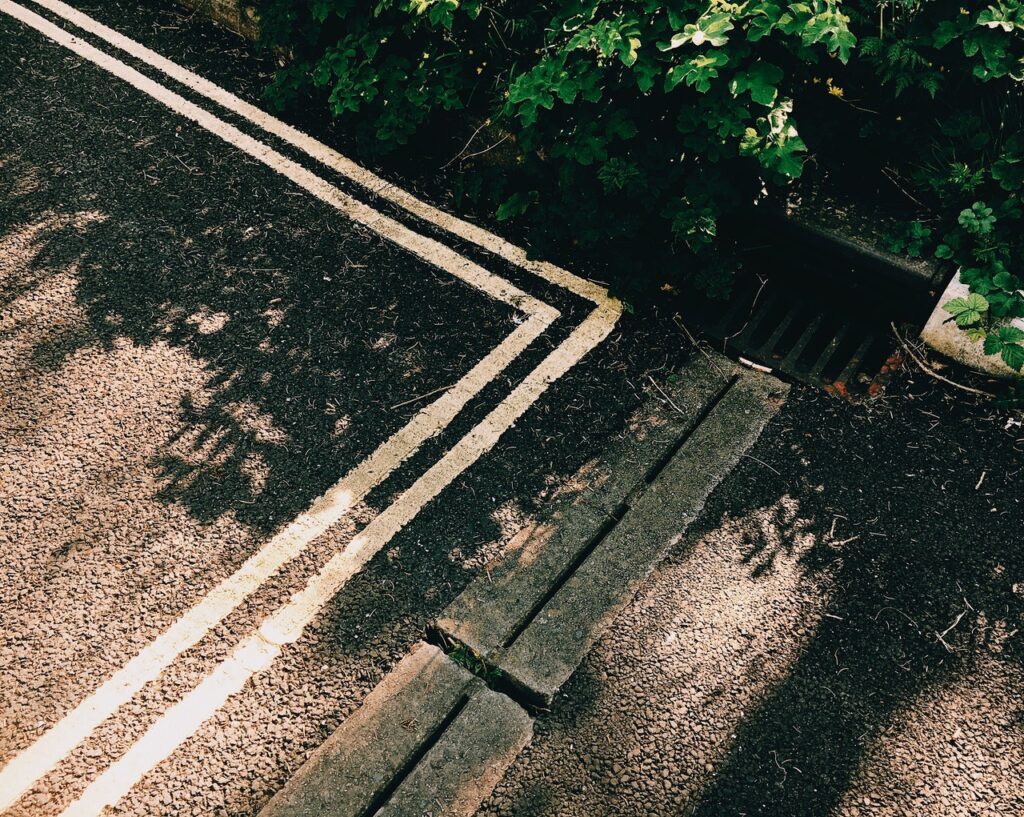
Examples of Ways Companies Use Grating
There are some industries that commonly require grating solutions for drains that are in place in their workspaces. These are industries that have rules and regulations that govern these drainage solutions in most cases. Breweries and food processing plants are common locations for extensive drainage solutions, but there also need to be drainage solutions installed in animal kennels and at vet clinics, in sports arenas and sports fields, and in gyms and locker rooms.
Non-industrial companies will still need to use gratings to cover drains that are placed in walkways or open courtyards and to handle runoff in parking lots or against roadways on their property. Not every drainage solution needs to be made for industrial settings and there are many possible needs for drainage solutions for any business that has foot traffic or vehicle traffic to attend to on a daily basis.
Food Processing
Food processing locations of all kinds handle liquid runoff during daily work routines. This is particularly true of industries like the meat processing industry or any plant or factory where emulsified or liquid components are used to create products. Without proper drains, work areas would become slippery, unsafe, or unsanitary.
In meat processing and other food industry locations, work areas will usually be framed by slot drains and there might be a central circular drain opening that is in the middle of the workspace floor. Debris will be swept up and collected from around these drains throughout the day, so they need to be covered correctly to prevent contaminants from getting into liquid runoff or being swept into the drains during sanitizing processes.
Proper gratings prevent messes that are made at the time of food creation from entering the drainage pipes below works spaces. These drains as well as the gratings that cover them need to be made of metal that will hold up to the tests of acidic liquids as well as heavy equipment being driven over them throughout the day.
Plastic or other non-slip kinds of gratings are not able to hold up to the demands of these needs in many cases, so metal pipes and drains and metal gratings are needed in these work environments. This is true of all workspaces as well as all walkways between workstations.
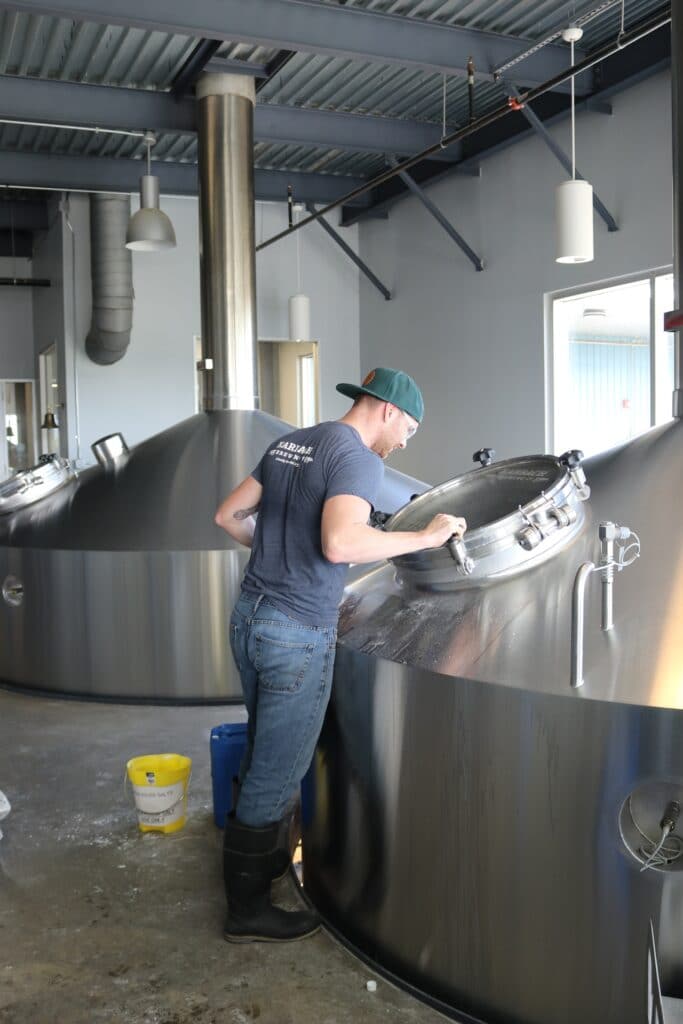
Breweries
Breweries might not seem like workspaces that require heavy-duty drain solutions, but breweries are actually some of the hardest locations to create drainage solutions for. This is due to the highly acidic nature of the drainage that is handled by breweries as well as the very high volume of liquid waste that must be attended to during daily work.
Breweries often require high-volume drainage solutions as well as sturdy metal grating that can hold up to high-heat as well as acidic liquid spills. There is a lot of clean-up that must be done at the end of the day in a brewery as well, and leavings from hops and other detritus from the creation process must be prevented from entering the runoff that is leaving the business.
Due to the caustic nature of processed materials that are managed in a brewery, drainage solutions for breweries need to include high-quality slot drains and catch basin grates that will keep most of the smaller particulates from the daily work from slipping through into the drains below.
Brewery locations often require intense planning and careful drainage solutions that will make sure that the brewery is not fined for contaminating local waterways.
Airports
Airports use many different kinds of drains and grating solutions to make sure that both walkways as runways are secure for safe use. While there might not be drains segmenting the actual runway surfaces, drainage solutions are needed near terminals and they need to be able to withstand the weight of a full-size plane crossing over them.
This is where quality drains and grating solutions play a huge part in airport safety. Without safe walkways or safe terminal spaces, airport activities would grind to a halt. Being able to be sure that all walkways and plane spaces are not going to be made unsafe by standing water or open gratings, airports can be sure that their passengers and staff are safe.
Many other businesses experience the same needs as airports do with regards to safely handling runoff. For any business that has walkways and workspaces that are exposed to the open air and the weather, grating and drainage solutions that are secure and hold up to the test of time are required items.
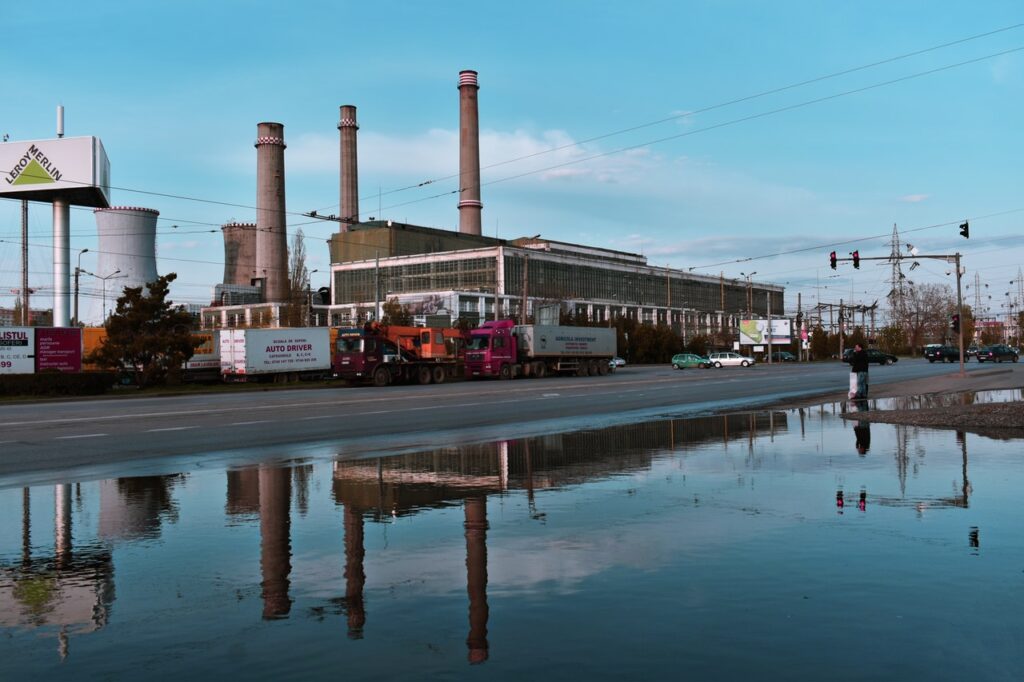
Pools
Public pools have to make sure that they can offer water-based fun without the risk of slips, falls, or other injuries. Imagine if your local public pool had open drains all along the sides of the pools! This is where quality grating solutions are needed to make sure that runoff is handled safely and that swimmer’s bare feet will not be harmed by the grating solution that is in place. Drains are needed along the sides of the pool but also in pool locker rooms and showers. All of these gratings need to be safe for bare feet.
Plastic drain covers work perfectly here in this environment, and there are many great designs of slot drain covers and gratings that can make any public pool safe and easy to care for. These drain grating solutions are very nice to work with because they are lightweight and can be readily lifted or removed to get rid of collections of leaves and other outdoor debris as well as being taken out of the way to inspect the drains beneath.
Sports Environments
There are many applications for drainage and grating needs in sports settings. Outdoor fields can need drainage solutions with grates that will prevent cleats and other shoes from getting caught in them. Gyms and locker rooms need shower drains and treatment room drains that are safe and secure for foot traffic.
Many kinds of indoor sports arenas need drainage solutions that include safe and high-quality grating solutions. These sports needs might not require metal gratings, but they will almost always need the kinds of gratings that do not catch at shoes.
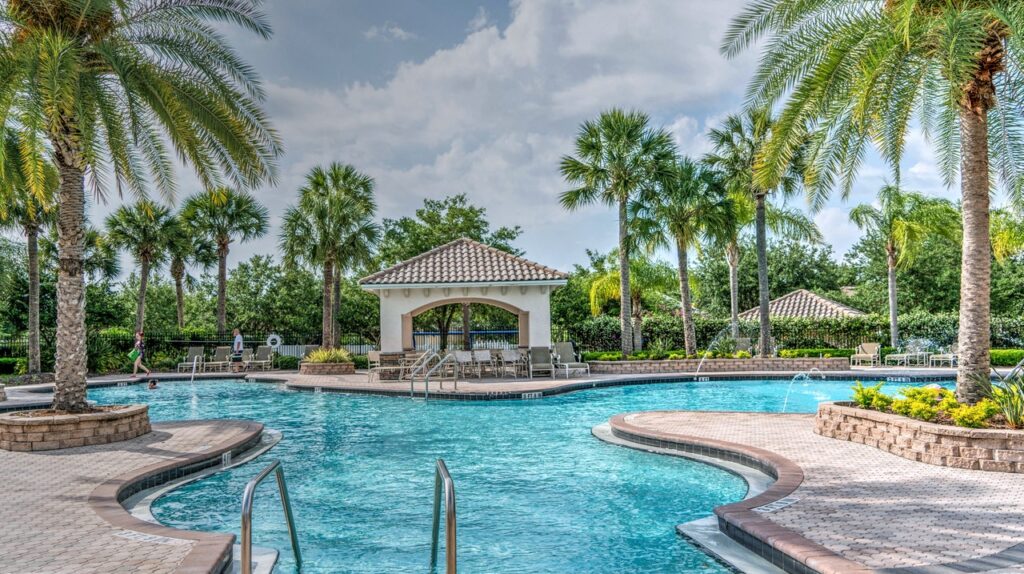
Selecting Grating for Your Space
You might be feeling a little confused about the kind of grating that you need for your space. If you have a brewery or a food processing business, you already know that you will need very durable metal drainage and grating solutions.
However, if you are the owner of a business that needs water runoff dealt with and not chemical or other kinds of runoff to be handled on a daily basis, you might not be sure that you need to do as far as drainage or grating solutions. If you are trying to pick the right drainage and grating solution for your yard, you could be feeling the same way.
Thankfully, it is really easy to work with the right team to help plan your drainage needs. Working with an expert team of installers can help you to find the perfect drainage solution for any need and these experts can also help you to troubleshoot areas that might need some improvement in your home or business drainage arrangement.
Sometimes the grating that you need is the least of your worries and you need to have your entire drainage solution looked at carefully. Being able to identify areas of risk or concern is very important when you are working on your drainage needs.
Even if you could use plastic gratings at your home or business, maybe you do not like how they look. You can choose from custom designs for this need, or you might prefer a metal grating solution. There is no wrong answer for your drainage needs when you are working with home or non-industrial business solutions.
If you are the owner of a construction yard or other industrial space that experiences a lot of traffic volume as well as heavy vehicles on any given day, you will need to install industrial trench drains and industrial-strength gratings as well.
Dura Trench Can Help Get You the Grating That You Need

If you need drainage and grating solutions for your home or your business, Dura Trench can help! From custom drains to custom grating, there is a solution for any need when you work with Dura Trench professionals to care for your drainage solution needs.
Reaching out to Dura Trench is easy. Between our expert customer service team and our skilled installations experts, you will have a seamless and painless experience when you work with us. We can help you to find the right drainage solution for any need and you will be glad that you reached out to us for your drainage needs!
Contact us today and our team will get you the custom grating solution that you need!

